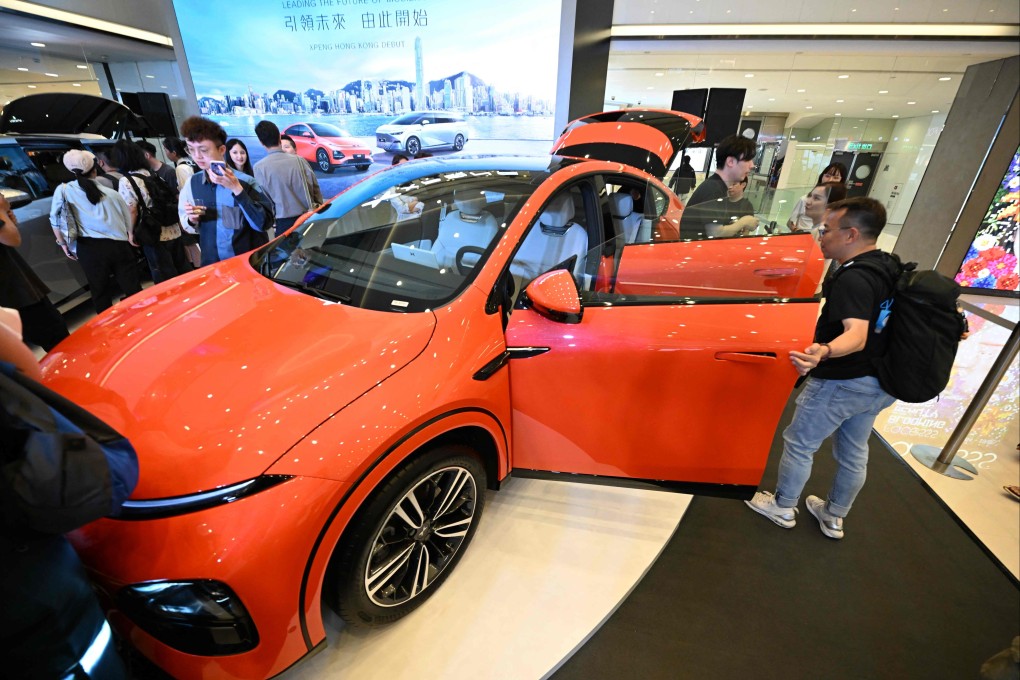Editorial | China EV challenge should be met by US innovation, not tariffs
- Increase by Biden White House seems designed to win points for re-election, but will only delay the inevitable if American car makers fail to make up for lost time

Steep American tariff increases on Chinese new-energy products such as electric vehicles (EVs), lithium-ion EV batteries, battery parts and solar cells have long been heralded as the US presidential election draws closer. The two are not unconnected.
Beijing is right to say “the US side is coming from political considerations”. President Joe Biden, seeking re-election in November, is seen to be responding to fears of disruption to American markets and job losses from lower-priced imports, which would cost him votes and, possibly, the White House.
Biden’s tariffs on Chinese imports add only US$18 billion to the hundred of billions imposed by former president Donald Trump. Moreover, the quadrupling of the levy on EVs anticipates a surge in imports still in the pipeline, but the tariffs will be passed on to consumers and simply further protect American industry from competition and the need to innovate.
The tariffs are in retaliation for Chinese government subsidies and other support for the production of green products, leading to claims of “overcapacity”, and prompting an investigation by the European Union. The United States and the EU have made such an issue of it that overcapacity has become an overused word.

As Beijing points out, China is not alone in backing its own industries to boost its own economy and employment.
